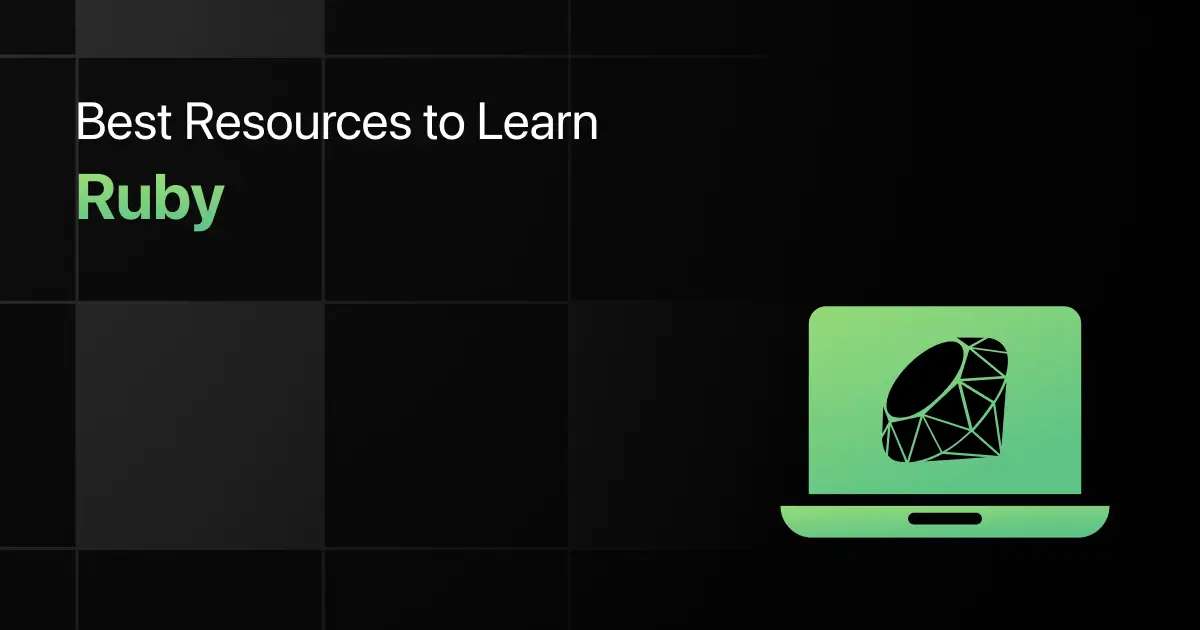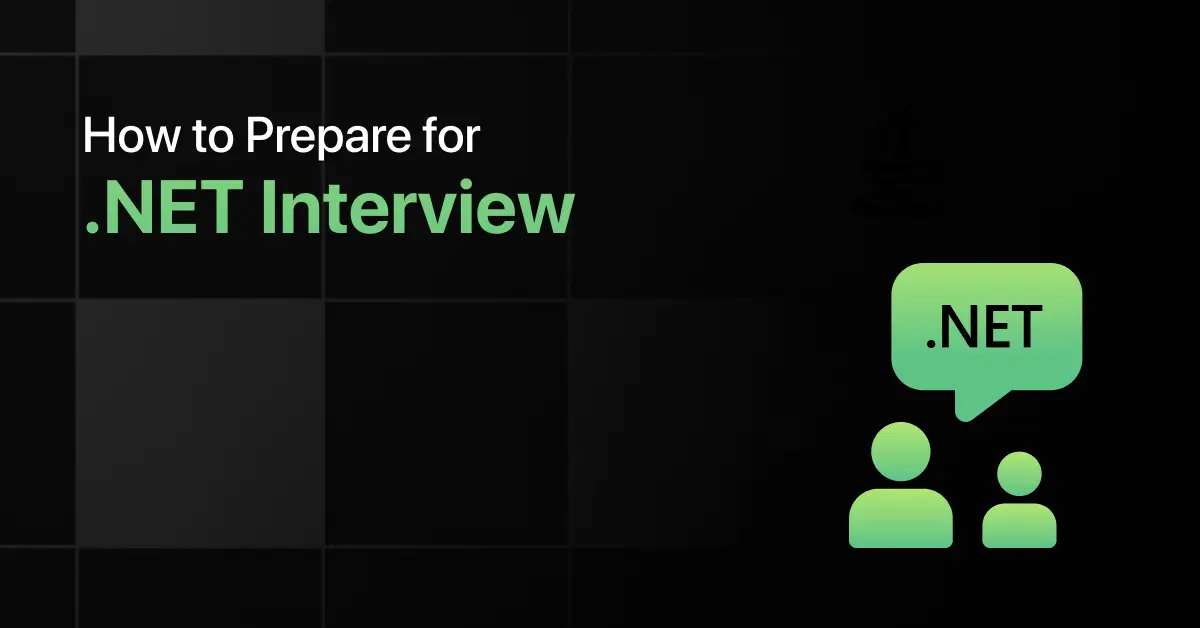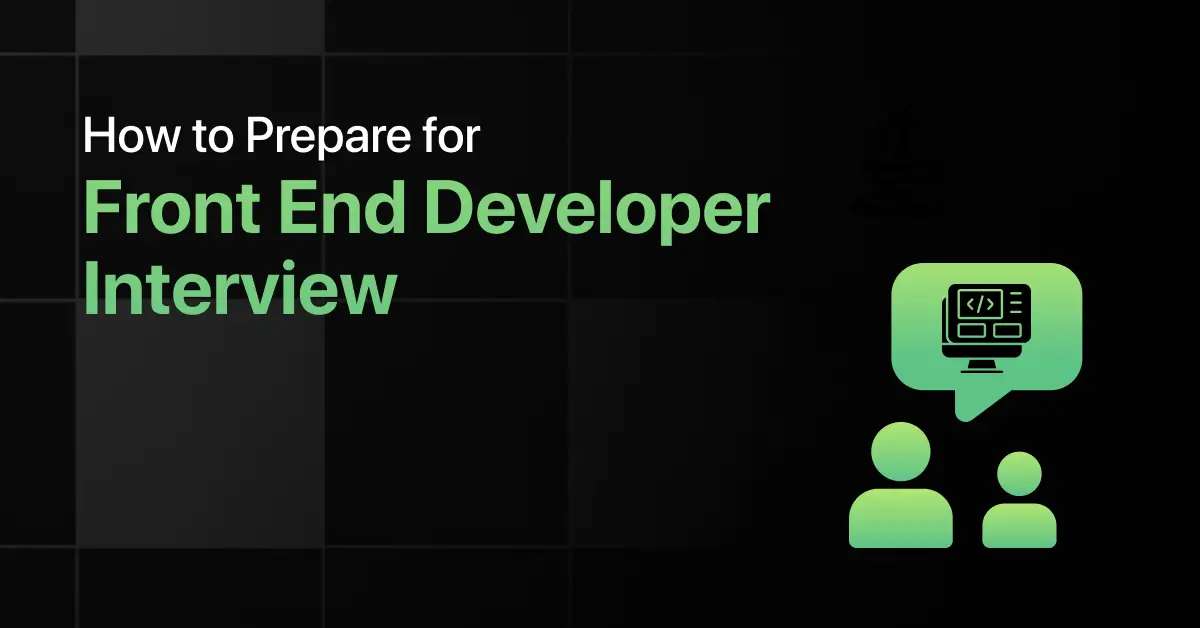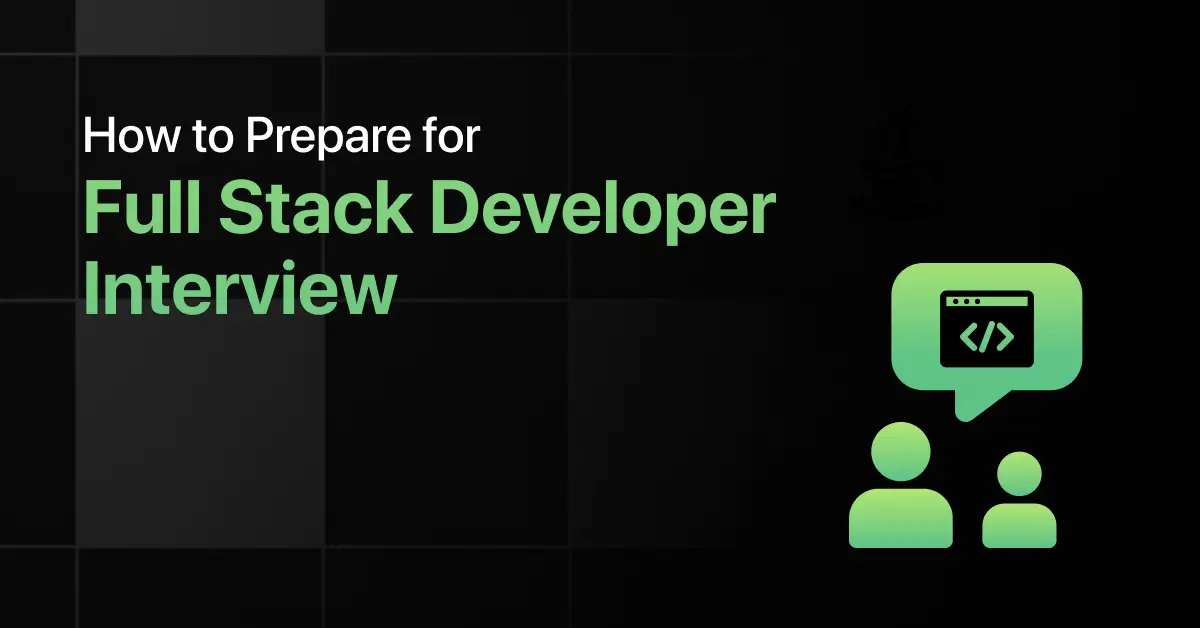Best Resources to Learn Ruby

Ruby is a dynamic and expressive programming language known for its clean syntax and developer-friendly design. It is widely used in web development, scripting, and automation, and is the foundation of the popular web framework Ruby on Rails.
In 2025, learning Ruby continues to be valuable for those interested in rapid web development, backend engineering, and startup environments. This article outlines the best resources to learn Ruby step by step, guiding you from the basics to practical projects and job-ready skills.
A Quick Overview of Ruby
| Popular Use Cases | Ruby is used for web applications, automation scripts, backend development, and prototyping. |
| Learning Curve | Ruby has a smooth and beginner-friendly learning curve, with readable syntax and minimal setup. |
| Demand in India | While not as mainstream as JavaScript or Python, Ruby is still in demand in startups and product-based companies. |
| Job Roles | Roles include Ruby Developer, Backend Developer, Full Stack Engineer, Web Developer, and Automation Engineer. |
| Salary Range | Entry-level Ruby developers earn ₹4–6 LPA, while experienced Ruby on Rails developers can earn ₹10–20 LPA or more. |
| Top Companies Hiring | Companies like ThoughtWorks, Razorpay, Shopify, GitHub, and many startups actively hire Ruby developers. |
Key Concepts to Learn in Ruby
To effectively learn Ruby, it’s important to understand the following key concepts and build your knowledge gradually:
- Variables and Data Types : Learn how Ruby handles strings, numbers, symbols, booleans, and dynamic typing.
- Control Flow : Use if, unless, case, loops, and ranges to manage decision-making in code.
- Methods and Blocks : Define reusable functions and understand how Ruby uses blocks, procs, and lambdas.
- Objects and Classes : Grasp Ruby’s object-oriented nature with classes, inheritance, and encapsulation.
- Modules and Mixins : Learn how Ruby promotes code reuse through modules and mixins.
- Collections : Work with arrays, hashes, and their powerful built-in methods for data manipulation.
- Error Handling : Use begin, rescue, ensure, and custom error classes to manage exceptions.
- File and I/O : Read from and write to files using Ruby’s standard libraries.
- Metaprogramming Basics : Explore Ruby’s dynamic features like define_method and send.
- Ruby on Rails Introduction : Get familiar with how Ruby powers Rails and the basics of MVC architecture.
Best Online Resources to Master Ruby
Ruby is best learned by starting with core syntax and object-oriented concepts, then moving into hands-on practice with file operations, collections, and control structures.
Once the fundamentals are in place, applying Ruby in web development through projects or frameworks like Ruby on Rails will help you gain real-world experience. The resources below are arranged to guide you through this journey effectively.
Getting Started
If you’re beginning with Ruby, the best place to start is with beginner-friendly tutorials and hands-on lessons that cover the basics step by step.
1. YouTube Channels
YouTube tutorials make it easier to understand how Ruby works by providing clear demonstrations and examples. These videos are great for beginners who want to learn concepts such as variables, control structures, loops, and methods in a simple, visual format.
Learning Outcomes:
- Learn Ruby syntax through visual examples
- Understand how Ruby handles control flow and logic
- Explore real-time coding practices
- Build confidence by watching structured tutorials
Mode of Learning: Online and self-paced
2. Free Courses
Free Ruby courses offer a structured and interactive way to grasp the core concepts. You can write and execute code within the browser, making it an ideal option for beginners.
Learning Outcomes:
- Understand basic Ruby programming constructs
- Practice using built-in methods and blocks
- Learn how Ruby handles variables and data types
- Start coding without needing to set up any environment
Mode of Learning: Online
Hands-On Practice
After learning the basics, apply your knowledge by working on coding challenges and logic-based exercises.
1. Coding Exercises
These exercises help you strengthen your Ruby skills by solving practical problems. You’ll work on string manipulations, array operations, loops, and conditional logic.
Learning Outcomes:
- Practice writing clean and efficient Ruby code
- Solve challenges that reinforce language concepts
- Improve logical reasoning with hands-on tasks
- Build fluency through repeated practice
Mode of Learning: Online
2. Programming MCQs
Multiple choice questions help evaluate your conceptual understanding of Ruby. They are ideal for revision and preparing for assessments or job tests.
Learning Outcomes:
- Test your knowledge of Ruby fundamentals
- Review how blocks, methods, and control structures work
- Identify knowledge gaps before interviews
- Prepare for online assessments with confidence
Mode of Learning: Online
3. Paid Courses
Paid Ruby courses offer comprehensive training with hands-on projects, guided learning paths, and mentor support. They are suited for learners looking to master Ruby and frameworks like Ruby on Rails.
Learning Outcomes:
- Learn both basic and advanced Ruby concepts
- Work on web-based projects using Ruby on Rails
- Get mentorship and structured feedback
- Build a strong backend development skillset
Mode of Learning: Online
Get Job-Ready
After mastering the fundamentals, focus on building real-world projects and practicing interview-level problems.
1. Mini Projects
Mini projects help connect theory with practice by guiding you to build small yet functional applications like to-do lists, calculators, or blog systems.
Learning Outcomes:
- Apply Ruby skills in practical projects
- Learn how to structure programs efficiently
- Strengthen problem-solving with hands-on logic
- Build a portfolio with beginner-friendly applications
Mode of Learning: Online
2. Interview Questions
Practicing Ruby interview questions helps you prepare for technical rounds by improving your ability to explain logic and code in real-time scenarios.
Learning Outcomes:
- Get familiar with common Ruby interview questions
- Improve how you present solutions during interviews
- Strengthen understanding of core concepts
- Prepare confidently for technical rounds
Mode of Learning: Online
Additional Resources
Explore more platforms to reinforce your learning and practice concepts through different styles of content.
1. GUVI Learning Hub
The hub provides concise, topic-focused lessons and examples that help you review and reinforce your knowledge of programming concepts.
Learning Outcomes:
- Revisit Ruby fundamentals with topic-specific content
- Strengthen concepts through real-world examples
- Explore content in a modular format for easy reference
- Use as a supplementary learning tool
Mode of Learning: Online
2. Codecademy
Codecademy offers an interactive environment to learn Ruby with immediate feedback. Lessons are broken down into small tasks, making it ideal for consistent practice.
Learning Outcomes:
- Learn Ruby through guided, interactive exercises
- Practice coding concepts in-browser without setup
- Reinforce skills by completing mini-tasks
- Build projects as part of the course path
Mode of Learning: Online
Tips to Learn Ruby Effectively
Begin with Core Syntax and Objects: Start by learning Ruby’s core syntax, data types, and object-oriented structure. Use beginner tutorials that cover variables, methods, and classes with simple examples.
Practice Using Built-in Methods: Ruby has a rich set of built-in methods for arrays, strings, and hashes. Explore them through small coding challenges and real-time examples to build fluency.
Understand Blocks and Iterators Early: Ruby makes extensive use of blocks and iterators like each, map, and select. Practice these early on to write more expressive and concise code.
Build Mini CLI Projects: Create command-line tools like a calculator, to-do app, or file manager. These projects help you apply methods, conditionals, and file handling together.
Explore Rails After the Basics: Once you are confident with Ruby’s core, begin exploring Ruby on Rails to understand how Ruby powers full-stack web applications.
Final Words
Ruby is a powerful yet elegant language that encourages clean, expressive code and rapid development. Whether you are looking to build web applications, automate tasks, or enhance your backend skills, Ruby offers a clear and rewarding learning path.
With consistent practice and structured resources, you can go from learning the basics to building real-world projects and becoming placement-ready.
Frequently Asked Questions
1. Is Ruby beginner-friendly for absolute newcomers?
Yes, Ruby is one of the most beginner-friendly languages due to its readable syntax, consistent logic, and supportive learning community.
2. What are the best resources to learn Ruby for placement preparation?
Resources that include Ruby fundamentals, coding exercises, small projects, and technical interview questions offer the most effective path for placement preparation.
3. Can I learn Ruby on my own?
Yes, Ruby is highly suited for self-learning. With the help of tutorials, practice platforms, and documentation, you can learn at your own pace.
4. Can I learn Ruby for free with reliable resources?
Absolutely. Many websites offer free Ruby courses, coding exercises, and tutorials that cover everything from syntax to object-oriented programming.
5. Which websites offer hands-on Ruby coding practice?
Websites like Placement Preparation and GUVI provide structured Ruby exercises, projects, and MCQs to help you practice and prepare for technical roles.
6. What can I expect in a Ruby technical interview?
Ruby interviews often include questions on object-oriented principles, collections, method design, file handling, and basic scripting tasks using blocks and iterators.
7. How long will it take to learn Ruby using these resources?
With a clear plan and regular practice, it typically takes two to three months to become confident in Ruby and ready for job-level coding tasks.
Explore More Resources for
Related Posts


How to Prepare for .Net Interview
Are you preparing for a .NET interview but not sure which topics to prioritize? Many candidates struggle to balance C# fundamentals, …
Warning: Undefined variable $post_id in /var/www/wordpress/wp-content/themes/placementpreparation/template-parts/popup-zenlite.php on line 1050








